Table of Contents
IBPS PO Mains Quantitative Quiz
Quantitative Aptitude can enhance your performance as a whole. All you need to do is clear your basics first and practice more and more. Quantitative Aptitude is a subject that helps you to boost your score and confidence. Every year IBPS comes with changes in the pattern of questions on Quantitative Aptitude which makes it difficult for students to decode in the examination hall. Giving mocks and Quizzes on a regular basis will help you to crack every change in the pattern. Adda 247 gives daily quizzes for practice as the IBPS PO Mains is scheduled for 30 November. Here is the IBPS PO mains Quantitative Aptitude Quiz of 24th October 2019.
Directions(1-5): The following Graph shows the percent protein and carbohydrate content in soya Products, red meat, milk products and cereals and price of these products in different years. On the basis of data provided, answer the following question.
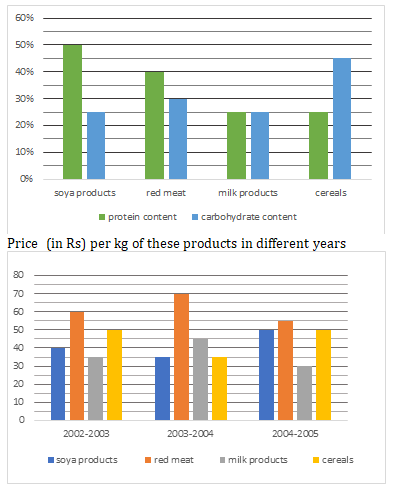
Q1. In the year 2002-2003, find out from which source was protein the costliest.
(a) Soya Products
(b) Red Meat
(c) Milk Products
(d) Cereals
(e)can’t be determined
Q2. What is the ratio of the cost of 1 gram of Carbohydrate from the costliest source to that from the cheapest source in the year 2002-2003?
(a) 8 : 5
(b) 7 : 5
(c) 9 : 5
(d) 6 : 5
(e) 1 : 1
Q3. If 250 grams of Protein from each product is required, then how much it will cost (approximately), in the year 2004-2005?
(a) Rs.100
(b) Rs.120
(c) Rs.140
(d) Rs.200
(e)Rs210
Q4. If the given sources are the only available sources of Protein, then what was (approximately) the percentage change in the average Protein price/kg. for the year 2003-2004 over the year 2002-2003?
(a) 0.5%
(b) 0.9 %
(c) 2 %
(d) 5 %
(e)1.8 %
Q5. If Soya Products, Red Meat, Milk Products and Cereals are in the ratio 1 : 2 : 3 : 4 for a mixture then what percent of this mixture will be other than Proteins and Carbohydrates?
(a) 30.5%
(b) 35.5%
(c) 51.2%
(d) 24.9%
(e)none of these
Directions (6-7): Study the given information carefully and answer the questions that follow:
A committee of five members is to be formed out of 3 trainees, 4 professors and 6 research associates. In how many different ways can this be done if—
Q6. The committee should have all 4 professors and 1 research associate or all 3 trainees and 2 professors?
(a) 12
(b) 13
(c) 24
(d) 52
(e) 21
Q7. The committee should have 2 trainees and 3 research associates?
(a) 15
(b) 45
(c) 60
(d) 9
(e) 55
Q8. A shopkeeper bought 150 calculators at the rate of Rs. 250 per calculator. He spent Rs. 2500 on transportation and packing. If the marked price of calculator is Rs. 320 per calculator and the shopkeeper gives a discount of 5% on the marked price then what will be the percentage profit gained by the shopkeeper?
(a) 20%
(b) 14%
(c) 15%
(d) 16%
(e) 18%
Q9. The average weight of 3 men A, B and C is 84 kg. Another man D joins the group and the average now becomes 80 kg. If another man E, whose weight is 3 kg more than that of D, replaces A, then average weight of B, C, D and E becomes 79 kg. the weight of A is:
(a) 70 kg
(b) 72 kg
(c) 74 kg
(d) 80 kg
(e) 75 kg
Q10. A retailer purchases a sewing machine at a discount of 15% and sells it for Rs. 1955 and makes a profit of 15%. How much is the discount which he got from the sale?
(a) Rs. 270
(b) Rs. 290
(c) Rs. 300
(d) Rs. 310
(e) None of these
Q11. The wheat sold by a shopkeeper contained 10% low quality wheat. What quantity of good quality wheat should be added to 150 kg of wheat so that percentage of low quality wheat becomes 5%?
(a)50kg
(b)150 kg
(c)135 kg
(d)75kg
(e) 90 kg
Q12. An urn contains 6 red, 4 blue and 2 green balls. 3 balls are picked at random, find the probability that all the 3 balls are of same colour.

Directions (13-15): In each of these questions, two equations (I) and (II) are given. You have to solve both the equations and give answer

(a) if x>y
(b) if x≥y
(c) if x<y
(d) if x ≤y
(e) if x = y or no relation can be established between x and y.

(a) if x>y
(b) if x≥y
(c) if x<y
(d) if x ≤y
(e) if x = y or no relation can be established between x and y.
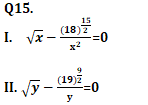
(a) if x>y
(b) if x≥y
(c) if x<y
(d) if x ≤y
(e) if x = y or no relation can be established between x and y.
Solutions;
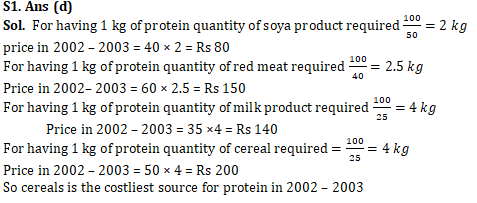
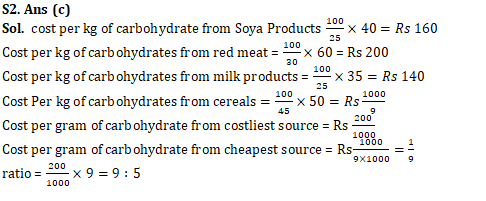

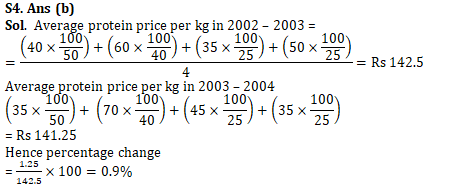




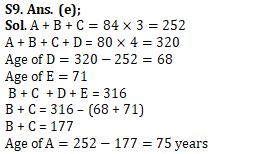


![]()
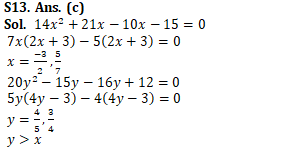
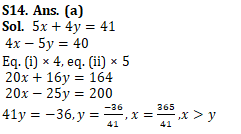
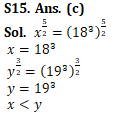
For 200+ most important arithmetic questions
- Quantitative Aptitude Study Notes for Bank Exams
- 100 MCQs Data Interpretation | Download Free PDF’s of DI
- Quantitative Aptitude Questions for all Competitive Exams





 GA Capsule for SBI Clerk Mains 2025, Dow...
GA Capsule for SBI Clerk Mains 2025, Dow...
 The Hindu Review October 2022: Download ...
The Hindu Review October 2022: Download ...
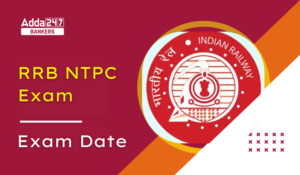 RRB NTPC Exam Date 2025, Expected CBT 1 ...
RRB NTPC Exam Date 2025, Expected CBT 1 ...





